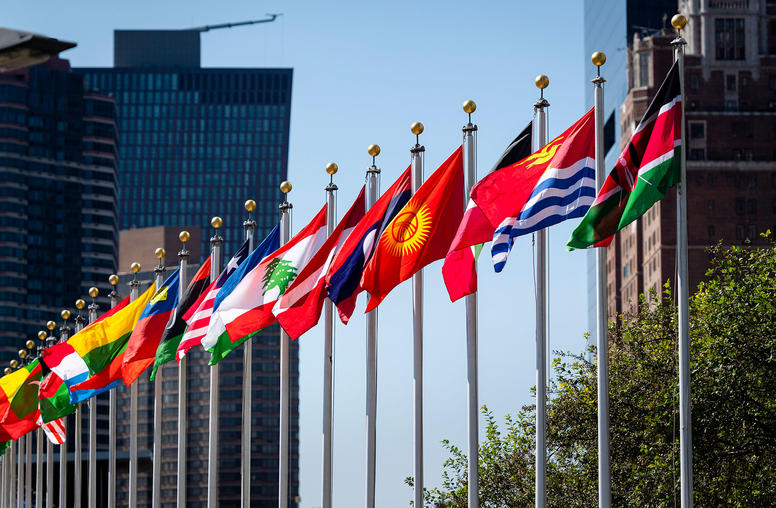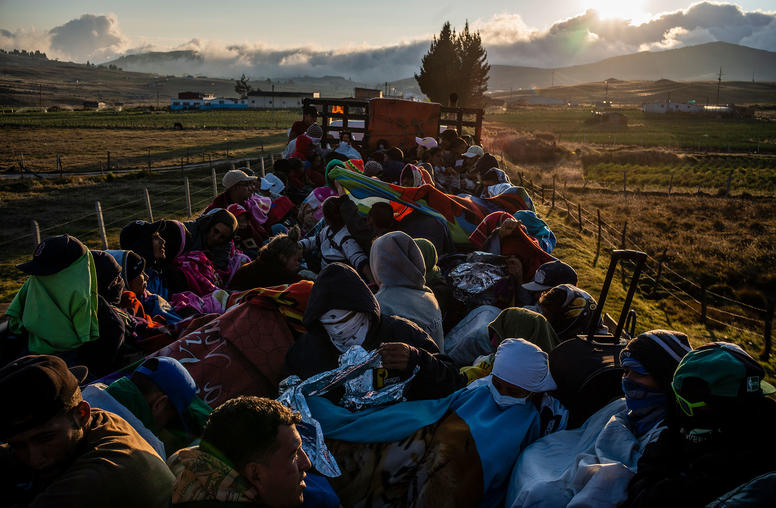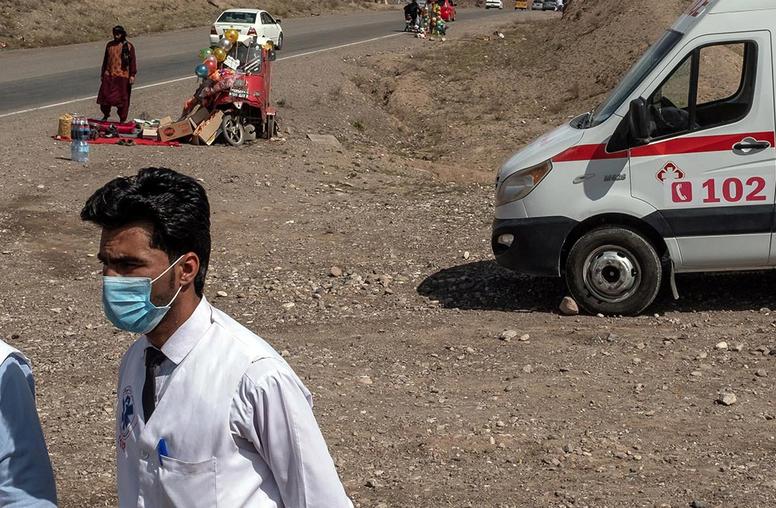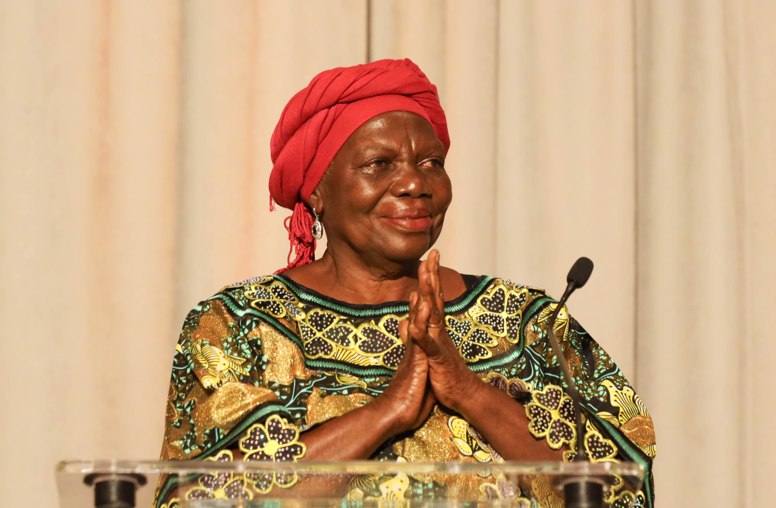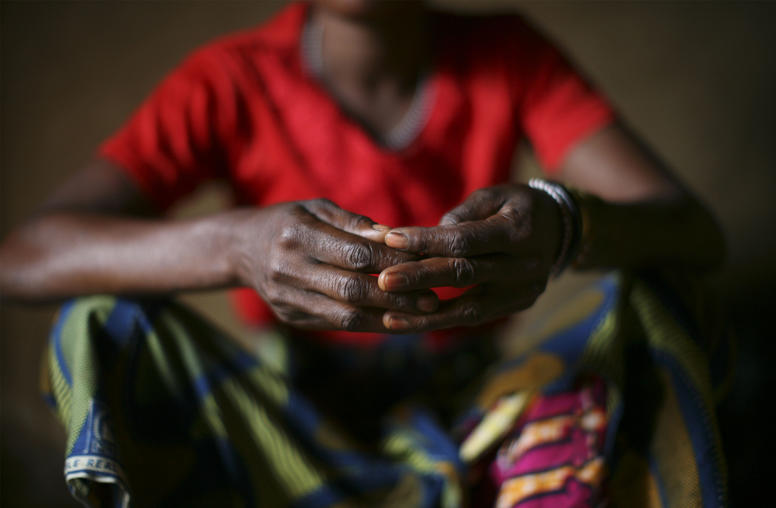Policy, Learning and Strategy Center
The United States Institute of Peace (USIP) must be a committed learning organization to achieve its mission to prevent, mitigate, and resolve violent conflict around the world. The complexity of conflict contexts and ever-changing patterns of violence means that peacebuilding work must be iterative to make a difference. With each new investment, we must draw lessons from our past successes and failures and apply them to our future work for greater impact.
The Policy, Learning, and Strategy (PLS) Center works to capture, organize, and disseminate evidence and learning from the Institute’s work for the purposes of informing better peacebuilding programs, policy and strategy. Four PLS teams work to accomplish these goals: Gender Policy and Strategy; Global Policy; Learning, Evaluation, and Research; and Program Development and Operations.
Key PLS activities include:
- Serving as USIP’s hub for institutional standards on project design, monitoring and evaluation, learning, gender integration, and applied research.
- Strengthening the institutions and practices for capturing, sharing, and leveraging knowledge across USIP to enable learning and improve decision-making.
- Integrating gender perspectives into the policies and strategies of the Institute by enabling learning across USIP programming centers, convening communities of global experts, and providing thought leadership on gender-sensitive peacebuilding.
- Forging external partnerships to shape global policy on conflict prevention and peacebuilding.
- Engaging with peer U.S. Government interagency partners, on behalf of the USIP centers to maximize the impact and effectiveness of USIP’s country and theme based programming to prevent violent conflict.
- Guiding the annual and strategic planning processes of USIP.
For more information on how PLS operates, including information on all four teams, please see the section below.
Gender Policy and Strategy
The Gender Policy and Strategy (GPS) team oversees the systematic integration of gender considerations into the policies and strategies of the Institute. The team focuses its efforts through the USIP Gender Inclusive Framework and Theory and offers technical support in the planning, design, implementation and evaluation of USIP’s programs and projects. GPS also takes an active role in USIP’s external outreach as an international thought leader on gender, peace, and security topics. The team does this by contributing to policy-shaping processes in Washington and by facilitating global partnerships among gender experts, practitioners, government organizations, civil society, and academia. All of these efforts help ensure a cross-sectoral approach to gender in peacebuilding, which in turn helps USIP achieve its mission.
International Partnerships
The International Partnerships (IP) team leads the Institute’s policy engagements with international actors to enable foresight, insight and action on the most pressing global challenges to building and sustaining peace. Through the development of a virtuous circle of timely, policy-relevant thought-leadership and collaborative partnerships with major international policy actors and dialogue forums, the IP team works to expand USIP’s global policy influence and advance USIP’s mission to prevent and mitigate violent conflict.
Learning, Evaluation, and Research
The mission of the Learning, Evaluation, and Research (LER) team is to make USIP a more committed and dynamic learning organization by serving as the Institute’s hub for project design, monitoring and evaluation (M&E), knowledge management, research, and learning. LER defines a learning organization as one where staff at all levels continuously gather feedback and results, turn these results into lessons learned, and ensure lessons are disseminated and incorporated into the next generation of activities.
At the project and programmatic levels, LER provides direct technical assistance to USIP programs to strengthen research, design, M&E, and learning. At the organizational level, LER manages the Institute’s knowledge management systems and tools for learning at USIP so that evidence and learning are used to inform strategic-level decision-making. These activities help ensure that USIP is producing and leveraging stronger evidence so that staff can learn from that evidence and apply it to their work moving forward.
U.S. Government Partnerships, Policy, and Strategy
The U.S. Government Partnerships, Policy, and Strategy (USG-PPS) team supports USIP’s mission by advancing the Institute’s ongoing partnerships with the Executive Branch and its agencies. The team ensures that USIP is operating in partnership with those working for sustainable peace across the U.S. government and helps to raise the profile and relevance of the Institute on key foreign policy challenges. Internally, USG-PPS works closely with centers and programs to foster effective collaboration and enable coordination on Interagency Agreements (IAAs) and cross-Institute policy initiatives to maximize the Institute’s relevance and impact.
